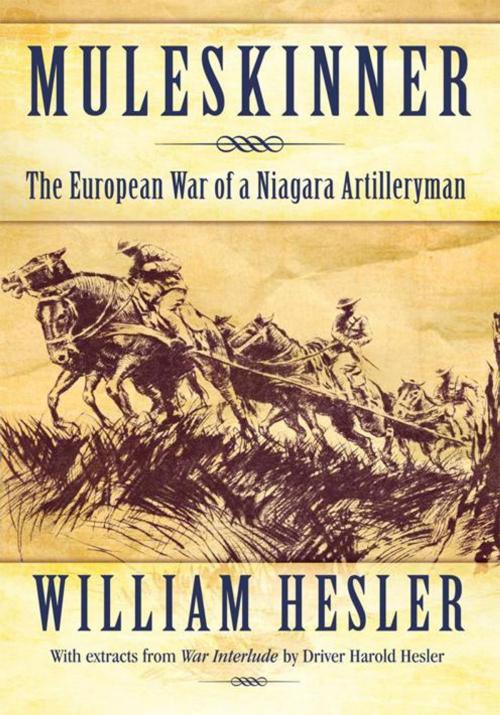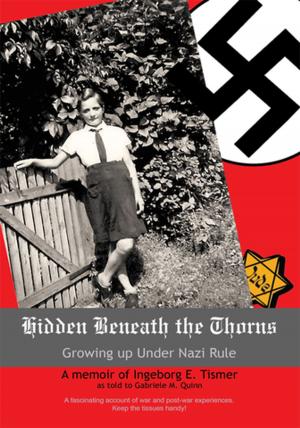| Author: | William Hesler | ISBN: | 9781450271592 |
| Publisher: | iUniverse | Publication: | December 14, 2010 |
| Imprint: | iUniverse | Language: | English |
| Author: | William Hesler |
| ISBN: | 9781450271592 |
| Publisher: | iUniverse |
| Publication: | December 14, 2010 |
| Imprint: | iUniverse |
| Language: | English |
Based on the experiences of an ammunition driver in the Canadian Artillery, this book will give the reader a quick understanding of Canadas involvement in World War One. Follow Driver Hesler as he moves up to the line and back during the battles of the Somme, Vimy Ridge, Lens, Passchendaele and the Allied advance during the last hundred days of the war. At each step, the author zooms out to the bigger picture, to capture the folly and the tragedy of the war itselfa war which would have lasted longer without the enormous sacrifice of a young country which had no chance to stay out of it.
The term muleskinner [was an] epithet which, although originally intended to malign both the animal and the man, ironically became a proud boast by the latter. What both had to go through in the course of World War I explains why.
In the First World War, territorial designs were secondary and the civilian populations were largely spared except for famine and disease. It was a war characterized by stupidity. . . . It was not the oppression of one people by another. It was a war in which each side preyed upon itself.
Based on the experiences of an ammunition driver in the Canadian Artillery, this book will give the reader a quick understanding of Canadas involvement in World War One. Follow Driver Hesler as he moves up to the line and back during the battles of the Somme, Vimy Ridge, Lens, Passchendaele and the Allied advance during the last hundred days of the war. At each step, the author zooms out to the bigger picture, to capture the folly and the tragedy of the war itselfa war which would have lasted longer without the enormous sacrifice of a young country which had no chance to stay out of it.
The term muleskinner [was an] epithet which, although originally intended to malign both the animal and the man, ironically became a proud boast by the latter. What both had to go through in the course of World War I explains why.
In the First World War, territorial designs were secondary and the civilian populations were largely spared except for famine and disease. It was a war characterized by stupidity. . . . It was not the oppression of one people by another. It was a war in which each side preyed upon itself.















